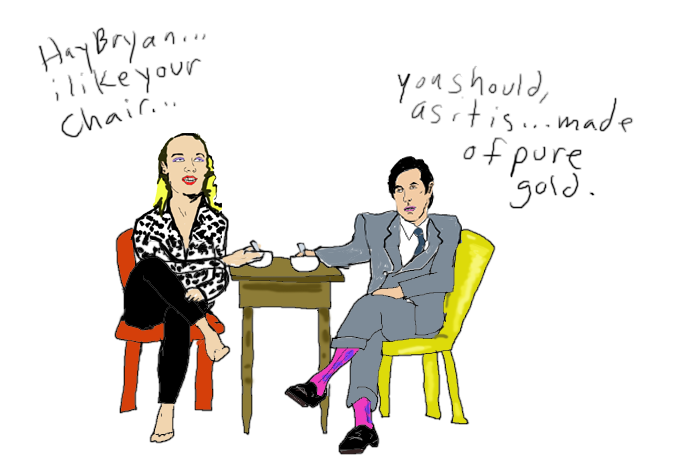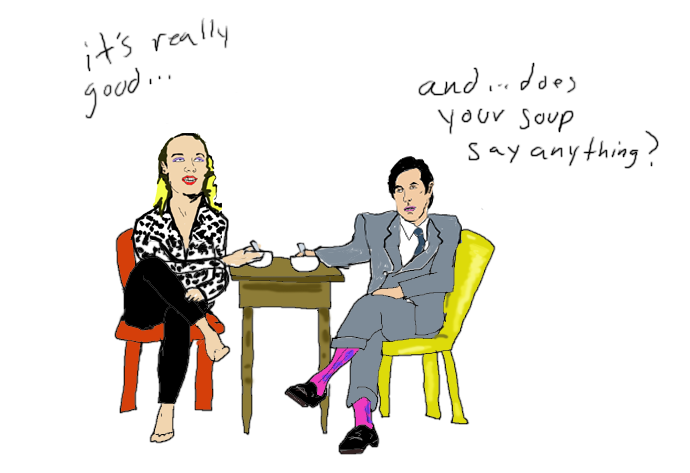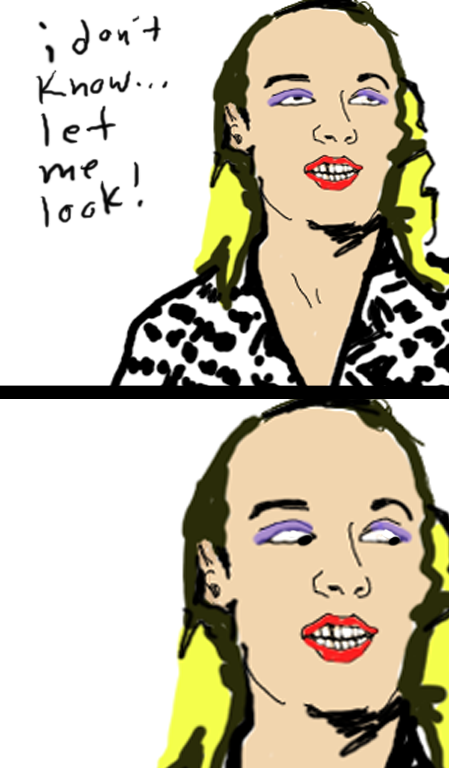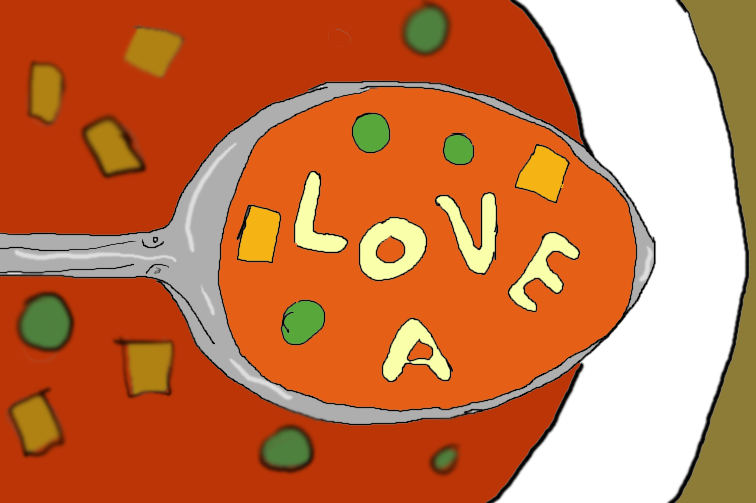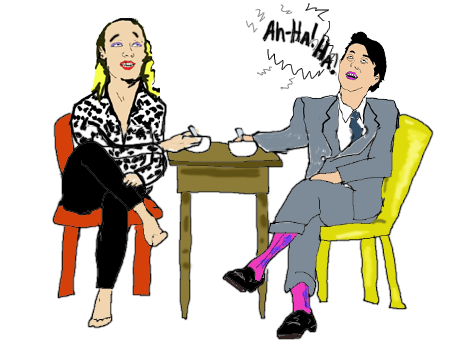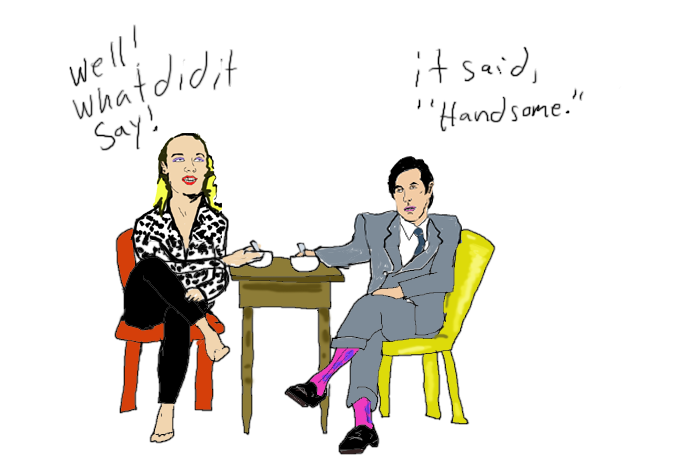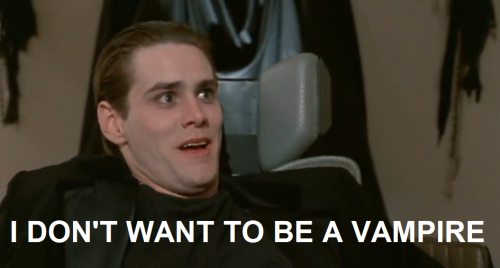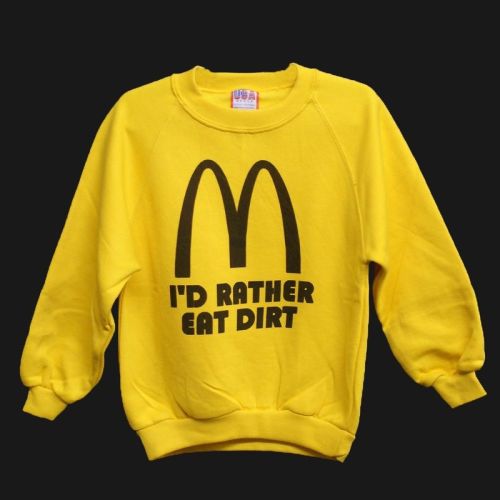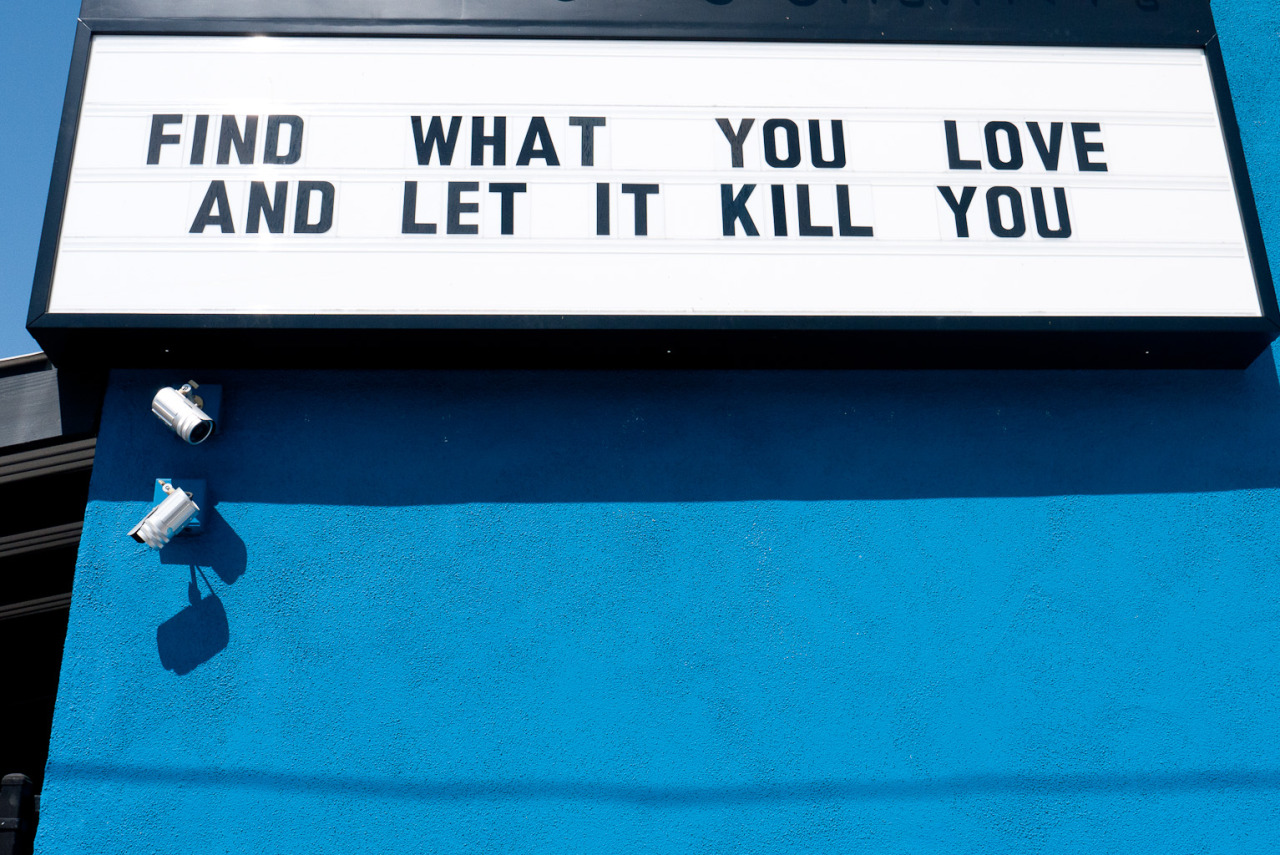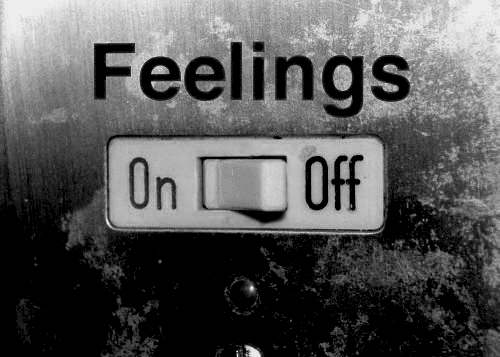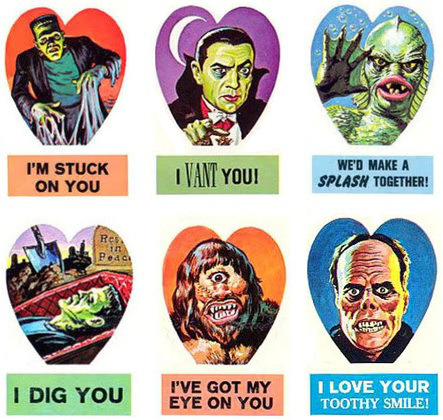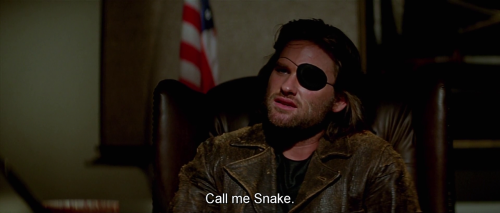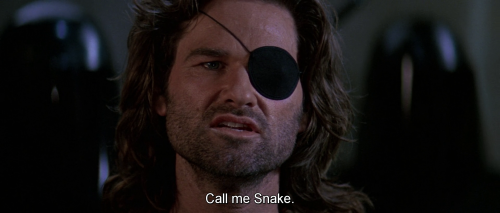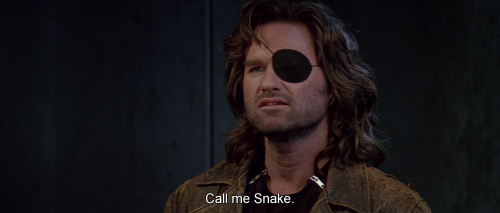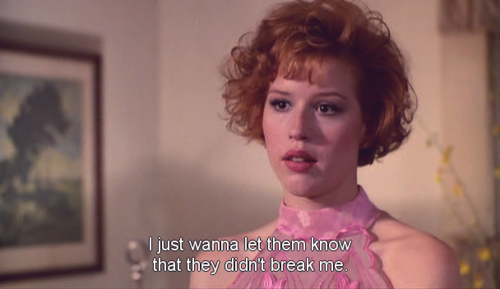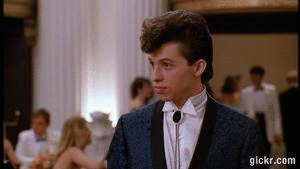ROXY MUSIC'S S/T & THE BR/Y/I/ANS
Sleepy, magical smooth boys do some drugs and pretend the faery realm in Midsummer's Night Dream has opened up in the prep school courtyard and there are beautiful nymphettes in blue jeans and mermaid smoky eyes frolicking in the midnight moonlight. What to accompany these well-bred but artistically inclined adolescent imaginations but a seventies British rock band with heavy bass/beats accompanied by forest flutes or Baroque-meets-Brooklyn pianos and washes of weird synthesizer tinkerings?? (It's not a stoner metal band or a no wave outfit, that's for sure). Wrap it up in cellophane, call it a party band for daydream daughters in dayglo dresses and sensitively inclined decadent dandies. The thorough breds who like to dance, make out, do ecstasy and make out some more listen to Roxy Music.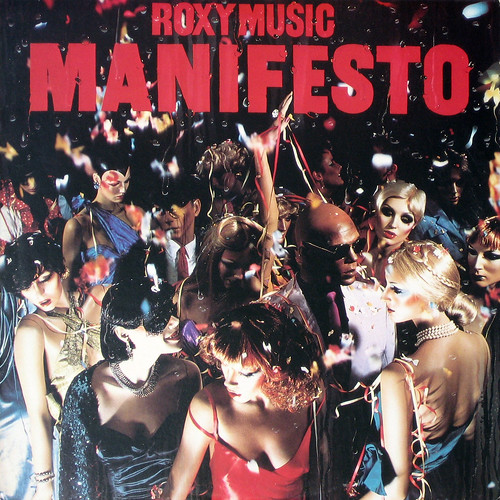
As it is known, Roxy Music began with two major team players:
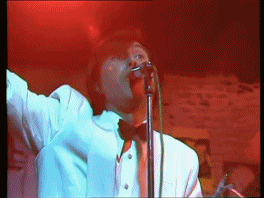
Bryan Ferry, sultry art school poster boy turned glam rock crooner, a prince of poetic pompousity.

Brian Eno, underdog brilliant brainiac with his sound pulses who expanded dreamscape horizons.
Bryan Ferry sang of women as goddesses, the passionate tragedies of heartbreak. His sensitive appreciations resulted in pussy galore, a marriage to model Jerry Hall and record covers continuously featuring hot babes throughout Roxy Music's ten year career (1972 to 1982). Brian Eno was Ferry's right hand man, he who played weirdo scientist (and inadvertently got pussy anyway) laid the groundwork for Roxy Music's dreamy atmospheric glam. Roxy Music stood apart from space soldier David Bowie and soda-pop throwback Gary Glitter being a much more romantic stream of sound. Something about them was more inclined to flutes and elves and sleazy rock'n'roll saxophones but with Oscar Wilde precision. The first Roxy Music record (self titled) is a masterpiece, probably the height of Roxy Music's greatness due to the intense musical connection of Bryan and Brian. "Virginia Plain" is the dance-all guru of '70s glam rock, revived and popularized probably by "New Queer Cinema" Todd Hayne's flick, Velvet Goldmine (1998). I was listening to a ton of Marc Bolan at that time in high school and the movie, though cheesy as it is, was inspirational to my wardrobe and my record collection. And, above anything else, the movie specifically turned me onto Roxy Music and Brian Eno.
After Roxy Music's 2nd record, For Your Pleasure (which lacked the luster of their first), Brian Eno quit and started his solo recordings of what might be considered avant garde electro-pop. 1974's Taking Tiger Mountain (By Strategy) is one of the best experimental pop records I've ever heard ranging from "Third Uncle"'s proto-goth-punk intensity to "The True Wheel"'s joyous primitive dance of robots. Management had wanted Bryan Ferry to be the focal point, and Eno was tired of only having his glove on his synthesizer the only part of him portrayed during filming. Eno clearly stood out as a character to be reckoned with both sonically and aesthetically. And though he told the Melody Maker in 1973 that he "really" like Ferry "in a funny way", there was some unspoken rivalry between the two:
“It was a typical clash of young male egos. What had happened was that because I was visually so bizarre looking, I got a lot of press attention. I made good photographs. That distorted the impression of where the creative leadership of the band was. It was definitely Bryan’s band.”
Bryan Ferry soon found better standing ground in Roxy Music by embracing disco elements in the amazing dance jam "Love is the Drug" and creating a niche of make-out music with hits like "More Than This". The band retired the sequined jumpsuits for monochromatic greys, navy skinny ties and collared shirts and full-fledged themselves to pop music as the '80s approached. Later Roxy Music is certainly a huge influence on '80s pop having precursored the synthpop OMDs and smooth dude Duran Durans with infectious love songs. So Roxy Music remained on the charts, having more commercial success towards the END of their career and Ferry would be considered visible and successful during this time.
However, while Ferry & co. were going to TOTPs every year or so with a "hit song", Eno was producing a multitude of classic records by Talking Heads, Devo, U2, John Cale, and the badass No New York no-wave comp, developing his ambient works and spending time in Germany understudying in ways with various musical talents from the Krautrock crew and working with David Bowie on his trilogy. In many ways, due to Eno's progressive recording configurations and successful producing career, he was more successful than his ex-partner, Bryan Ferry. He might not have been as publicly present but Eno's behind-the-scenes work combined with his great discoveries with ambient progressive music made Eno, the musician and the man, more critically acclaimed.

Avalon (1982) was Roxy Music's last record and only to reach platinum. It is uncertain why the group stopped producing music when they were in their greatest ranks. The band never officially broke up but did end up touring again in 2001, of course without Eno, though Eno and Ferry would work together again on Bryan's solo record, Olympia (2010). Obviously Roxy Music had Bryan Ferry as the main songwriter and their career continued to thrive long after Eno left and it's hard to say if the certain magickal quality in the first record that can't be found anywhere else because of Eno's departure. I feel like the music critic who favors a Roxy Music album without Eno over their first is probably a Phil Collins fan. Eno is a whole other alien that makes early Roxy important. I don't want to say that Ferry by himself is just a pretty boy, but it does seem that some element of serious musical exploration was lost once Eno departed. And, as it would be, it did seem Ferry had been practicing those stares and moves in the mirror for far too long. He was a frontman, a pop hit maker, of course. And Brian Eno was the enigmatic engineer of sound and vision. Different stroked for different folks.
“Well, you know, Eno played on the first two albums but we did have a few albums after that and another eight years of our career. So it’s not just him and me, there are others, and we did get together again in 2001. We hadn’t played together in 18 years and we did a reunion tour. We played all round the world, it went incredibly well but it didn’t make me really want to go and record a group album again. It’s not that odd, though. Because it doesn’t seem natural to work with the same people for the whole of your life. I’ve worked with Brian in the studio a couple of times since and that was really refreshing, but I wouldn’t want to work with him for a long period of time. We get on very well when we’re alone, it’s when other people start coming in with expectations and saying, part of you is missing…” - Bryan Ferry from The Telegraph
LIFE OF BRI-YAN: http://www.xlr8r.com/features/2010/11/life-bri-yan
